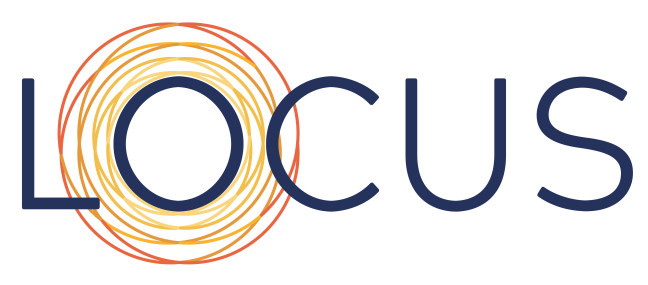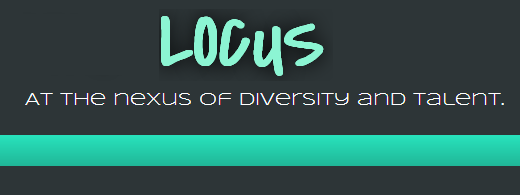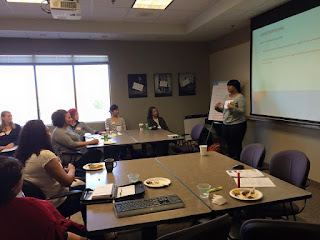We were thrilled to launch our new web presence and site at our LOCUS Website Launch Party on Wednesday, January 10, 2018 at Soberfish restaurant. See below for our new logo and descriptive language and check us out at www.locusmn.org and/or on our Facebook group if you identify as POCI!
Our Mission
To provide space, connection, and opportunities for authentic community building, identity-driven leadership, and resource sharing – by and for people of color and indigenous peoples.

About Us
LOCUS was created with the intention of connecting with our communities and to each other. We make sense of the ways in which we and our communities are evolving, and share resources and opportunities for equitable advancement and collective, statewide vitality.
 LOCUS was founded in 2013 as an initiative of Minnesota Rising, a network of emerging leaders in Minnesota. Minnesota Rising works to build relationships, trust, and a shared vision for Minnesota, and focuses on developing the collective capacity of this generation for impacting Minnesota’s future. LOCUS, in turn, was created by and for people of color and indigenous peoples (POCI) to intentionally center themselves in the work of Minnesota Rising.
LOCUS was founded in 2013 as an initiative of Minnesota Rising, a network of emerging leaders in Minnesota. Minnesota Rising works to build relationships, trust, and a shared vision for Minnesota, and focuses on developing the collective capacity of this generation for impacting Minnesota’s future. LOCUS, in turn, was created by and for people of color and indigenous peoples (POCI) to intentionally center themselves in the work of Minnesota Rising.
LOCUS aims to host meeting grounds for authentic community building – by and for POCI. We host regular dialogues, events, and family dinners. We embrace and support each other through the pursuit of stronger connection and inclusiveness. Through these practices, we strive to cultivate a pool of identity-driven leaders, ready to lead in our local communities.
Anyone who self-identifies as a POCI is welcome to join the conversation at our Facebook group. We look forward to getting to know you!







